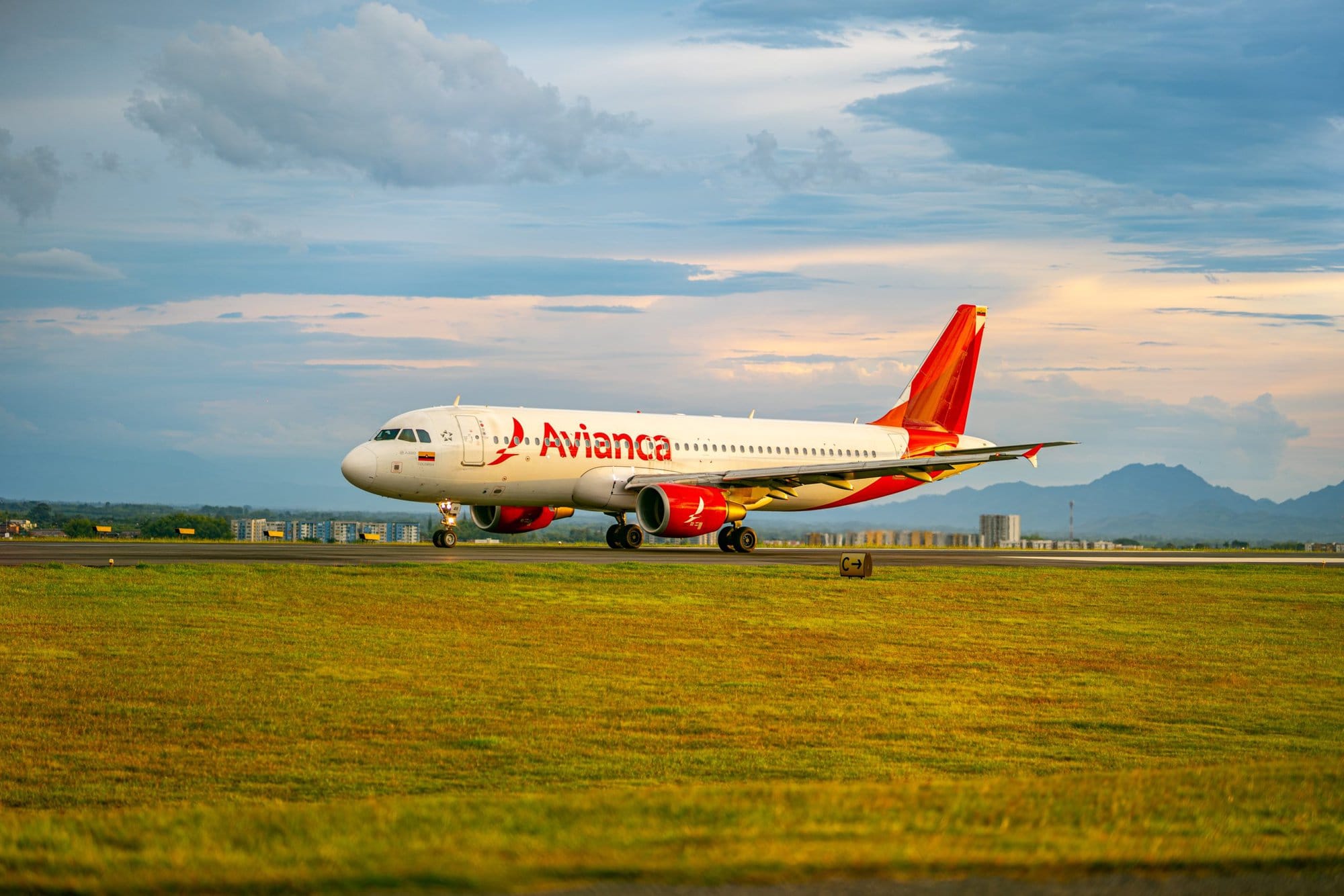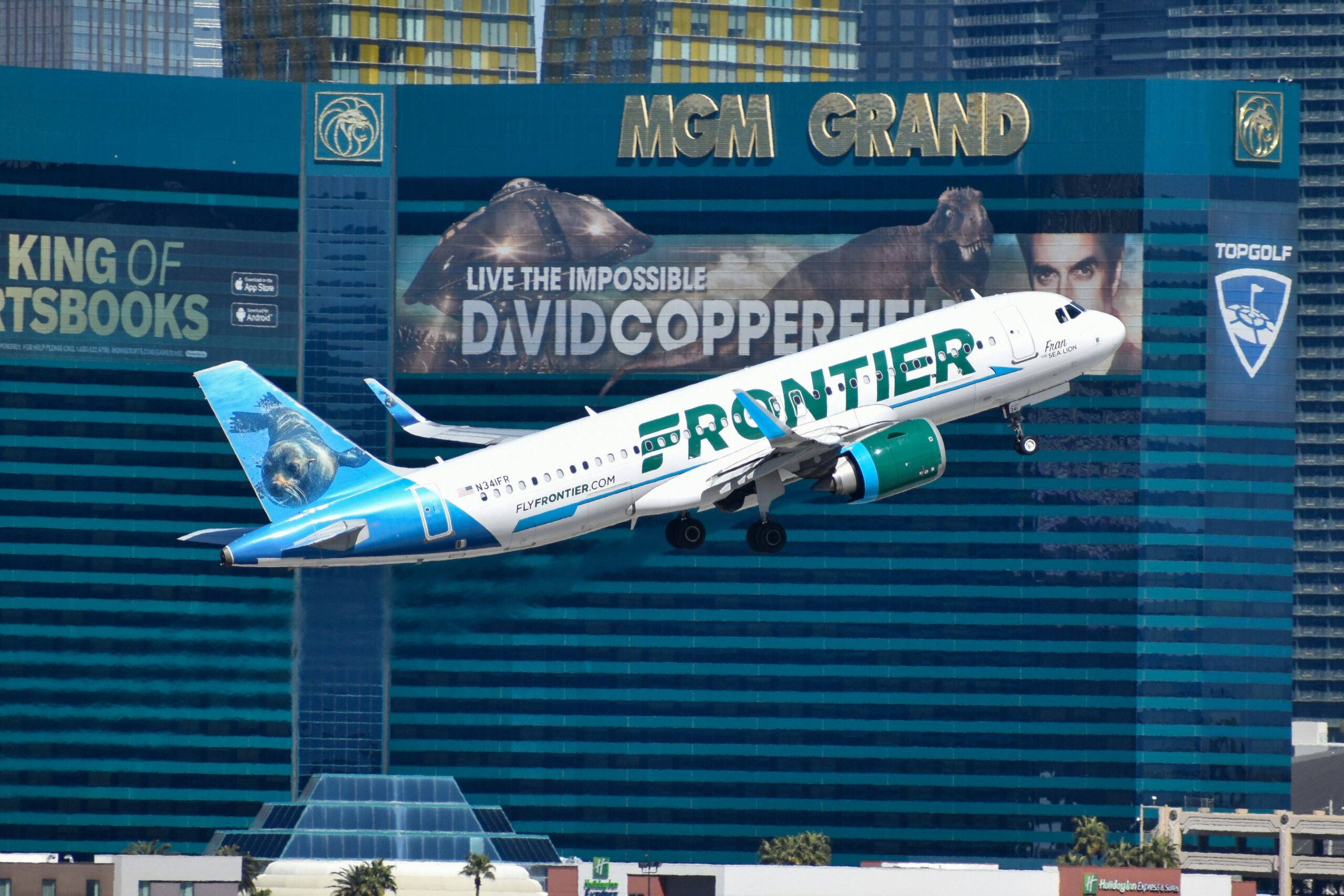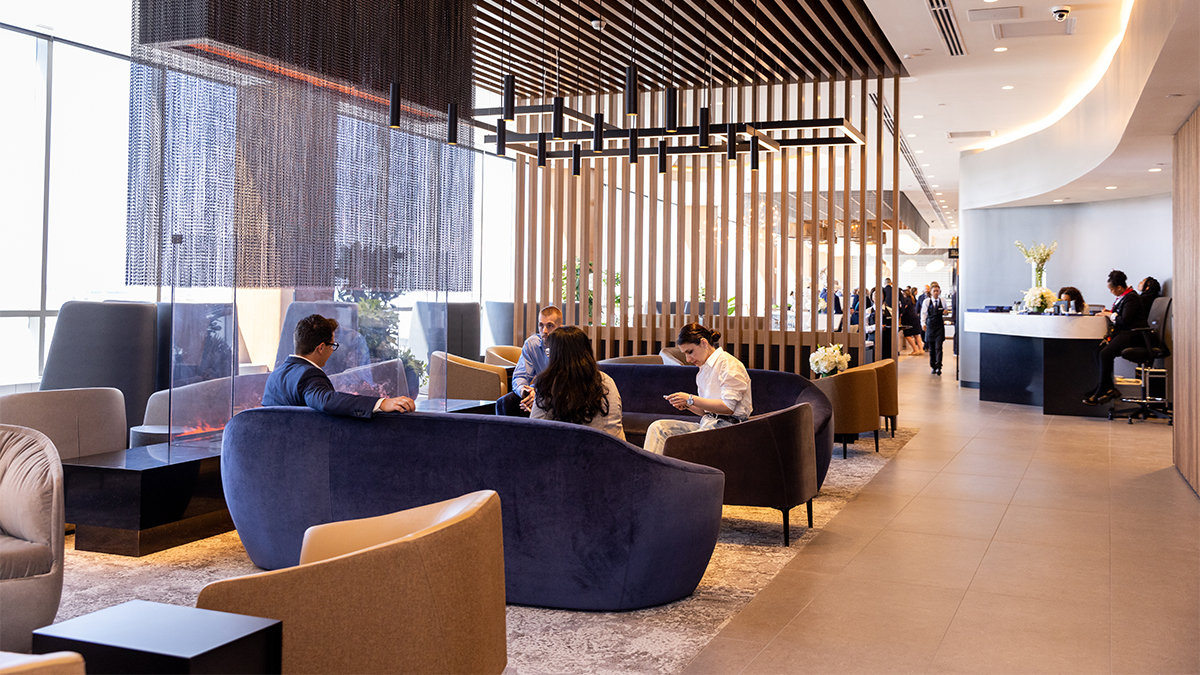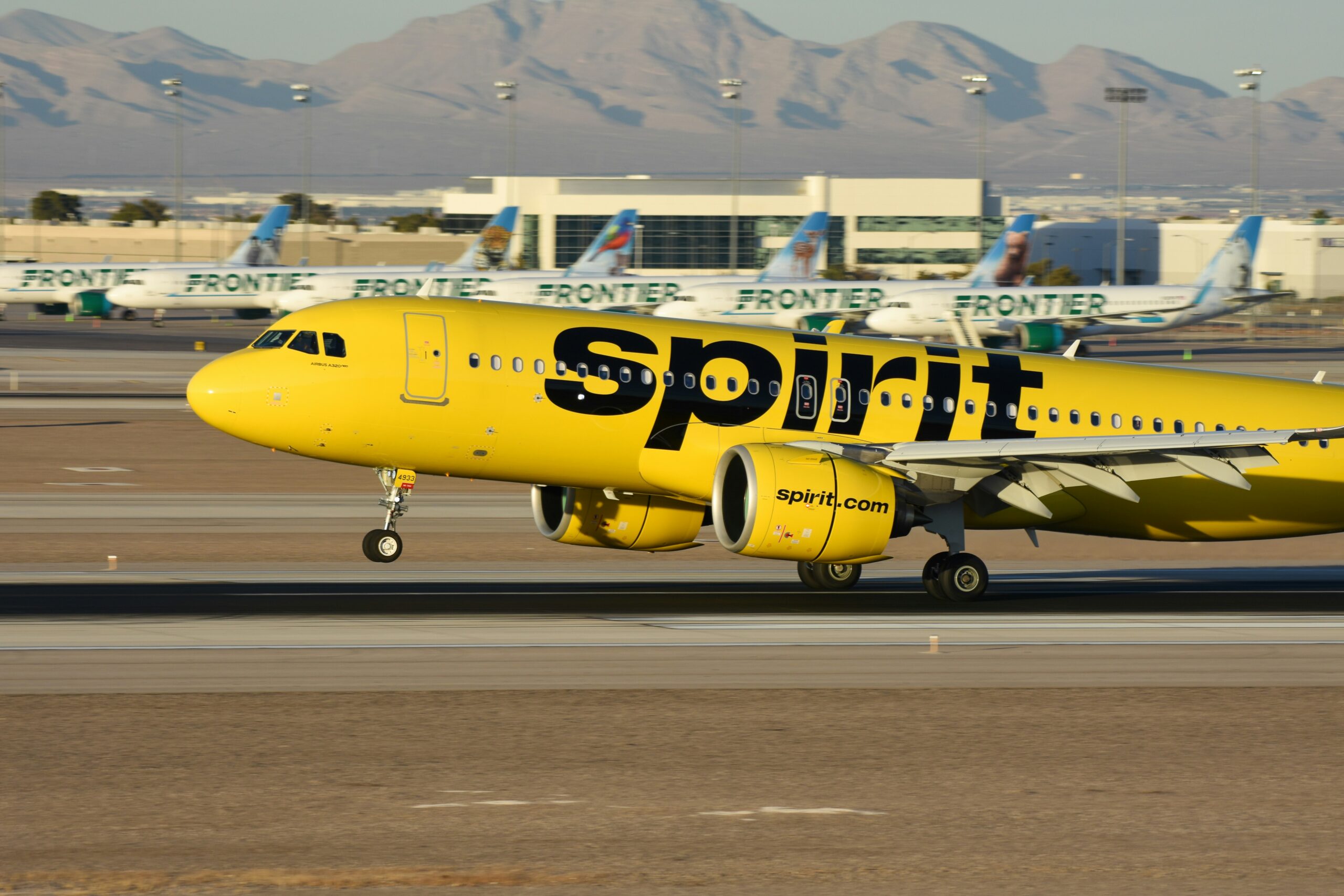Colombian Regulators Block Avianca-Viva Merger
A proposed merger between the two airlines has been blocked as it threatens competition in the country's airline market, according to Aerocivil
by Fergus Cole
November 14, 2022

Photo: Courtesy of Fabio Augusto Valencia / Unsplash
Regulators have blocked the proposed merger between Avianca and Viva Air in Colombia. On Tuesday, November 8, the Colombian Civil Aviation Authority—known locally as Aerocivil—concluded that a merger between the two airlines poses a serious risk to competition in the country’s airline industry.
“Aerocivil has an obligation to oppose integration operations that could affect competition in the market, create or strengthen dominant positions and harm consumers,” said the regulator.
Avianca is the flag carrier and largest airline in Colombia and one of the largest airlines in Latin America in terms of fleet size, routes served, and passengers carried. The Bogota-based carrier also operates direct flights to several U.S. destinations, including Los Angeles (LAX), Miami (MIA), and New York City (JFK). In addition, as a Star Alliance member, Avianca maintains codeshare agreements with United Airlines, Lufthansa, and Singapore Airlines.
Viva Air Colombia, a smaller low-cost carrier based in Medellin, is the third-largest airline in Colombia. With its Peruvian subsidiary, Viva Air Peru, it keeps a strong presence in Colombia and Peru.
According to Aerocivil’s findings, Avianca, Viva Air Colombia, and Viva Air Peru operate 59 domestic routes between them, accounting for almost 94% of all commercial air traffic in Colombia.
An integration between Avianca and Viva Air would completely monopolize 16 internal routes, according to Aerocivil. The regulators claim that a merger between these airlines would harm competition in the country, setting it back seven years.
The planned merger was announced on April 29, although a formal application wasn’t made until three months later. The merger was proposed to offer more direct connections to customers at low fares. However, a statement in August from Adrian Neuhauser, president, and CEO of Avianca, suggested the merger was needed to keep Viva Air in business.
“The request for integration with Viva seeks to fight for its survival in the market, as well as maintaining the competitiveness that it has built during 10 years of operation,” said Neuhauser.
However, Aerocivil claimed that neither airline could prove claims that Viva Air wouldn’t be able to operate as an independent airline. The regulator pointed out that Viva Air has sought no loans to cover losses, while they also hadn’t searched for potential buyers or investors.
Avianca responded to Aerocivil’s decision, claiming the merger was an effort to keep the low-cost airline from going under. “We are concerned about the decision, as it goes against the country’s needs and ignores the potential effect that Viva’s disappearance would have on users and the market,” said Neuhauser.
“Avianca reiterates its willingness to actively participate in Viva’s rescue, seeking to maintain connectivity for travelers, strengthen tourism and preserve formal employment.”
Aerocivil has said it would be open to considering approval of the merger if a new request was made and the conditions for the merger were met. However, Avianca is also keen to appeal the decision, saying it would ‘evaluate all available legal alternatives to seek necessary approvals.’




